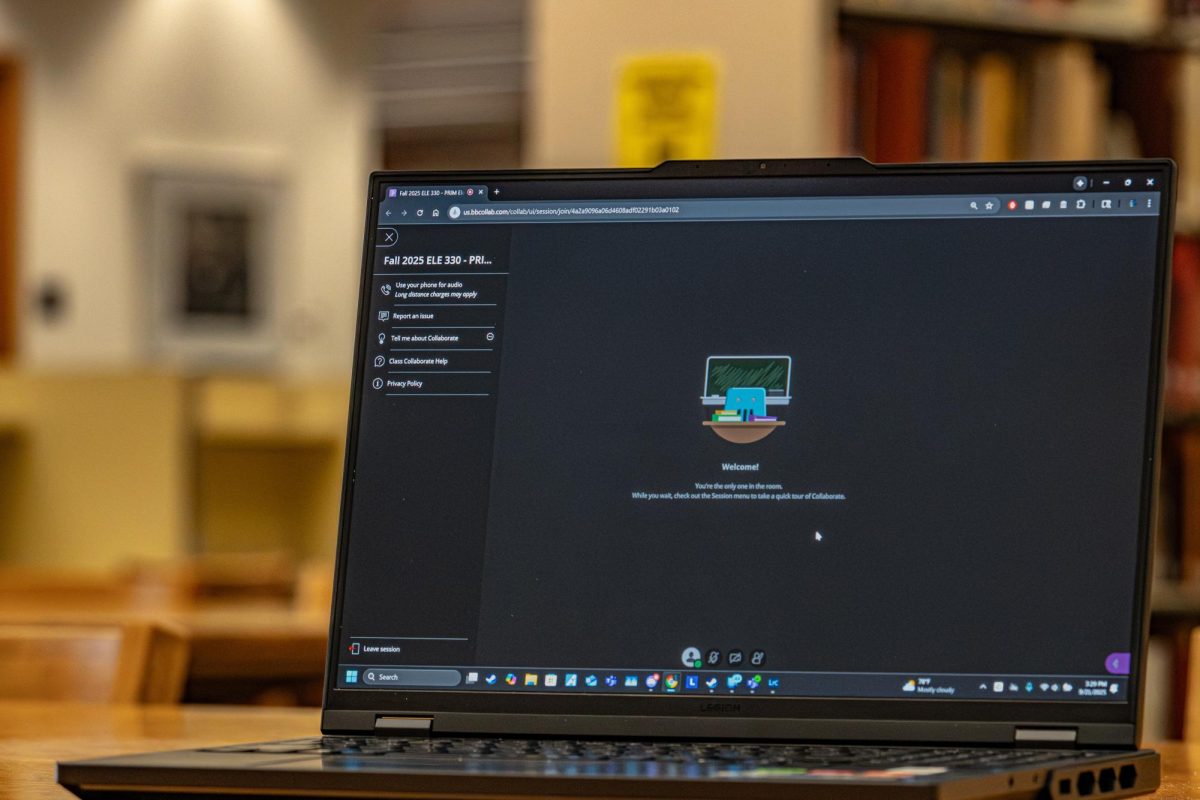Since the COVID-19 pandemic, the world has become much more isolated and online. To some, 2020 was the first year they ever experienced online learning, online meetings and online therapy. The pandemic really changed the way that people interact with each other and view the world, and it’s becoming more and more apparent.
It’s no coincidence that rates of depression and anxiety are also rising, with a 25% increase in depression and anxiety since 2020, and I think a lot of it is due to people feeling less connected with others and more lonely than they ever have.
As people try to adapt to online learning and therapy, they are actually feeding their loneliness while under the illusion they are taking advantage of something convenient and modern.
The engagement in an in-person class or therapy session is much stronger than it is with an online class or therapy session. The ability to empathize, express emotions, gain context and feel safe can be compromised by changing the platform to online rather than in-person.
Carlos Diaz, a sophomore biological sciences major, agreed that being in-person for such events is much more engaging.
“In-person is more effective because it’s more hands-on and there’s a wider variety of things to do,” Diaz said.
Briana Williams, a senior business administration major, believes that it’s easier to hold students accountable with in person classes.
“I think in person classes hold students more accountable than zoom and online. I think when people are on Zoom and online classes, they tend not to be as engaged as they would be in class,” Williamas said.
The restrictions that are caused by having to provide important services like these online are enough to override the convenience of having it online.
To teach or provide therapy effectively requires the right environment to do so. With online classes and therapy, it’s up to the client or student to find an appropriate, safe and calm environment in order to engage with their activity properly. If someone feels unsafe in their home, it can be difficult for them to do so, which can compromise the session altogether.
Being able to connect with others is also a key aspect to good education and therapy, and an online platform makes doing so extremely difficult. The ability to empathize with, read and observe others is heavily restricted by an online environment, making the environment often feel empty and lonely.
Another big disadvantage of using an online platform is technical issues interrupting classes or sessions and wasting time.
With some classes and therapy sessions only offering a limited amount of time, technical issues can eat up valuable time, forcing the host to work around the time loss and potentially not get to important information. The convenience of having them online fails if the internet isn’t working or a device malfunctions, so it is better to be there in-person.
There’s no denying there are some benefits of merging to online education and therapy, like the convenience of not having to commute and the ability to talk to someone from anywhere, I don’t think that’s enough to justify its full implementation.
Effective education and therapy is just not very plausible from an online platform, and I think it’s important to be aware of the limitations it holds so that people make an educated choice about their education and their therapy.
















